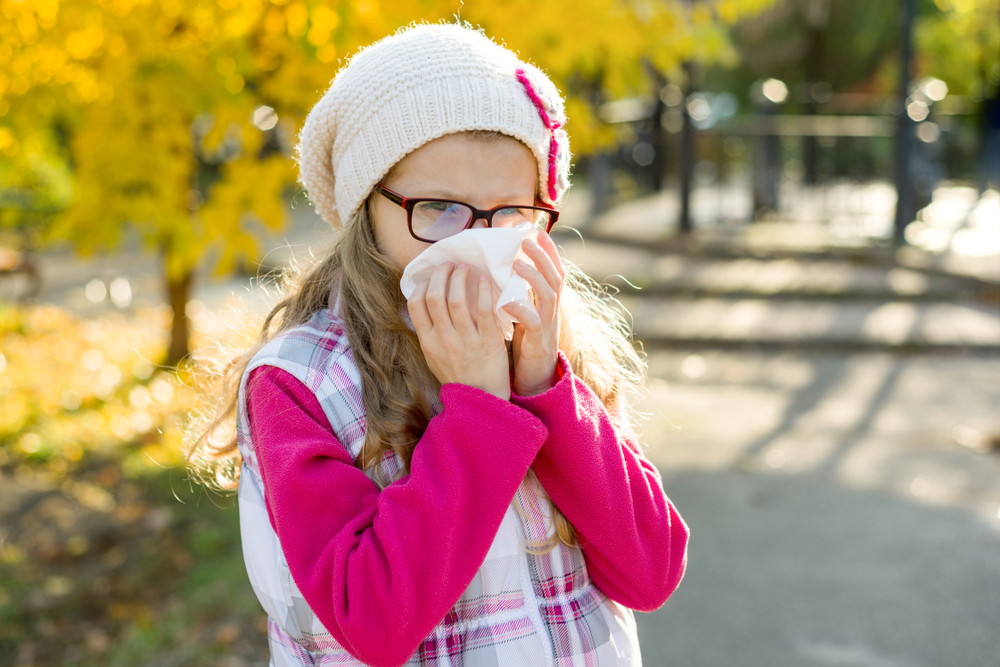Overview Of Allergies- Causes And Treatment Options
Overview of allergies- Causes and treatment options
All mammals have an immune system, and it protects them from attacks of unicellular life forms like bacteria, fungi, etc. These specialized cells get deployed in a matter of minutes in large numbers and kill off the invading life forms. When the immune system goes into overdrive, they react to the presence of innocuous particles like the pollens from certain trees and food items.

This overdrive leads to allergic reactions. Understanding allergic reactions have helped scientists in developing medicines that counter the reactions set in motion for no reason and avoid as well as control the allergy.
What causes an allergy?
- Some human immune systems react to common environmental particles like pollens of certain plants, chemicals used in industry like solvents, pigments, and the likes. They recognize these as dangerous agents, foreign to the individual, and activate the immune response.
- Causes of allergy vary from person to person. Some common causes of allergy are insect stings and food items like peanuts, certain types of fish, and medications.
- Of these, an insect sting can cause fatal anaphylaxis, a severe immune reaction. In absence of immediate medical attention, it can be fatal.
- Histamine, a chemical secreted by the immune cells, causes the normal cells to swell and shed fluid. This leads to edema, itching, sneezing, running nose, watering eyes, and the other familiar symptoms.
What are the treatment options for allergies?
- The normal approach is to take medicines called antihistamines. These are medicines that prevent the binding of histamine to the other cells. As histamine, having been rendered innocuous, does not bind to the normal cells, it no more swells or sheds fluids, and the allergy symptoms are brought under control. These drugs are dispensed in various forms as pills, syrups, eye drops, nasal spray etc.
- Antihistamines have side effects like drowsiness, fatigue, dry mouth, dry eyes, blurred vision, constipation etc. Caution is needed in their use in older patients who suffer from seizures, urine retention, thyroid disorders, hypertension, and diabetes. Those working in industrial enterprises and driving should be wary of taking these medicines.
- Second generation medicines do not produce much drowsiness; however, they are prone to cause other side effects.
What are the modern medicines for the treatment of allergies?
- The newer approach is the use of corticosteroids. They are a form of non antihistamine allergy medicines. However, steroids come with their own set of side reactions. To avoid these side effects, their use both in systemic and local applications are limited for short intervals. They are dispensed in various forms to suit the types of treatment.
- These non antihistamine allergy medicines do not cause drowsiness and fatigue that is usually associated with antihistamines.
What are the more recent approaches for treating allergies?
- The “Prevention is better than cure” philosophy has introduced newer approaches to curing allergies. The first one requires the identification of the triggers and avoiding them meticulously.
- The second approach also involves the identification of the triggers and desensitizing the immune system to the same. This is achieved by injecting a small amount of the triggers over a long period of time at increasing intervals starting at a once or twice a week frequency. The treatment usually takes over a year and needs backup treatment for the next few years. These shots are normally given prior to the allergy season.
- In the Sublingual Immunotherapy (SPLIT), triggering agents in special tablet form are placed sublingually. This daily treatment increases their absorption into the bloodstream. It has shown to be very efficacious in treating hay fever. The tablets contain the pollens of the grasses that commonly produce hay fever.











